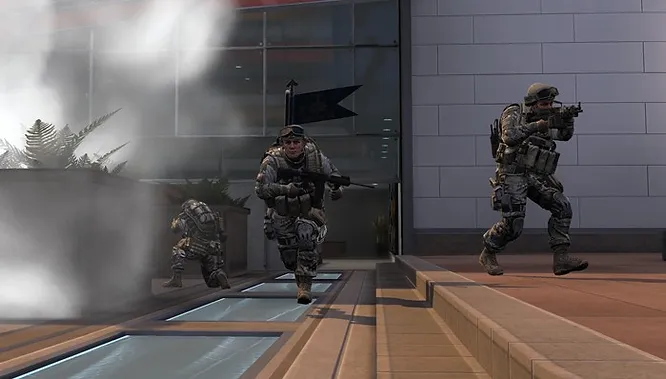By: Benjamin He
As of 2023, the internet is…a very special place. It’s disturbing, horrific, twisted, annoying, and filled with trolls, but it is still one of the most influential sites on the planet. Video games can be even worse. People play video games everyday, and immerse themselves in them as completely as if they were in the real world. If information is implanted in there, like that the future is filled with fancy skyscrapers and hover cars, for instance, that would eventually nudge its way into people’s minds, and then they will think for sure that the future holds flying cars and twisting skyscrapers.
Similarly, if Russia implants some information, like that their military is intimidating and cool and that they will crush Ukraine in the war…well…that will also affect a lot of people, especially if that info, or more appropriately, Russian propaganda, goes into video games or on any sort of social media.
It’s already happening.
In Minecraft, an immersive 3D sandbox game, Russian players re-enacted the battle for Soledar, a Ukranian city captured by Russians in January, which was recorded and then posted on Russia’s most popular social media network, VKontakte.
In the Russian version of World of Tanks, a multiplayer warfare simulator, commemorated the 78th anniversary of the defeat of Nazi Germany in May with a recreation of the Soviet Union’s parade of tanks in Moscow in 1945.
In Roblox, a popular gaming platform and direct competitor to Minecraft, a user created an array of Interior Ministry forces in June to celebrate the national holiday, Russia Day.
Other games and popular online sites like Disord or Steam are becoming major hotspots for Russian agitprop. Russian players in all sorts of video games have embraced the letter Z, the symbol of the Russian troops that attacked a year ago, echoing President Vladimir Putin’s accusations of Ukranians as Nazis and blaming the West for the war.
“The gaming world is really a platform that can impact public opinion, to reach an audience, especially young populations,” said Tanya Bekker, a researcher at ActiveFence, a cybersecurity company that identified several examples of Russian propaganda on Minecraft for The New York Times.











